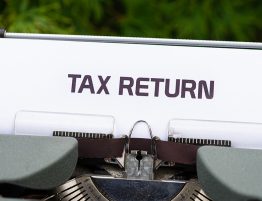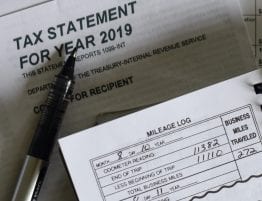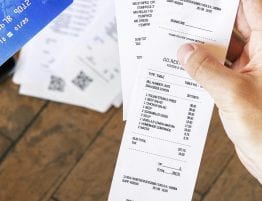The coronavirus is not only impacting our health and lifestyle, but also our finances. With the pandemic still raging on, those who invested in municipal bonds may be uncertain about how much return they would receive for their investment.
Investors use many ways to increase wealth and save taxes. Since municipal bonds are less risky and offer tax-free interest, many people prefer them over other investment vehicles such as corporate bonds.
When you purchase a municipal bond, you lend money to the bond issuer in exchange for regular interest payments and the return of the original invested amount. State and local governments and certain non-profits issue these securities to raise capital for projects such as building schools, roads, bridges, hospitals or sewer systems.
Since the coronavirus is hindering economic activity, state and local governments are seeing a fall in revenue. CNBC shares how such a situation can impact municipal bonds.
“Small investors make up about 67% of the $3.8 trillion municipal bond market, holding bonds either individually or through mutual funds, according to the Municipal Securities Rulemaking Board.
But as safe and steady as municipal bonds may seem since they are backed by the taxing power of governments, they’re not immune from the economic shocks stemming from the coronavirus.
‘This pandemic has impacted global financial markets and municipal bond markets are no exception,’ said Mark Kim, chief operating officer of the board.
How do state revenue fluctuations affect muni bonds?
As unemployment claims grow and lockdown orders continue, states lose out on key sources of revenue that are paid to bondholders: namely income and sales taxes.
‘With the economy grinding to a halt, state and local governments are very concerned about the impact on sales tax revenue that’s coming in,’ said Kim. ‘That presents potential risk to bondholders with municipal bonds that are backed by state and local tax credits.’
Indeed, states face a $105 billion shortfall in revenue for the 2020 fiscal year, according to data from the Center on Budget and Policy Priorities. That gap is expected to widen to $290 billion in fiscal year 2021.
What happens when municipalities struggle to pay interest?
State and local governments are required to submit ‘disclosures’ to the Municipal Securities Rulemaking Board when they encounter difficulties repaying the bonds or when rating agencies – including Moody’s – downgrade their credit rating.
Governments have submitted more than 2,200 disclosures related to the coronavirus, Kim said.
Texas, California and New York round out the top three issuers with the most disclosures, and those three states are also among the largest muni bond issuers in the country.
What if my municipality defaults?
Defaults occur when an issuer is unable to pay principal or interest on a bond when it’s due. Bankruptcy – generally known as Chapter 9 for municipalities – can kick this off, as was the case in Detroit in 2013 and Puerto Rico in 2016.
Where bondholders stand in a bankruptcy will depend on the master agreement or contract for the bond offering, said Kim.
In the case of both Puerto Rico and Detroit, bondholders took haircuts – that is, they lost hefty amounts of asset value as the municipalities reorganized their debt.
Sen. Mitch McConnell, R-Ky., recently suggested that states file for bankruptcy as they grapple with coronavirus. While states can’t file for bankruptcy through the federal courts the way municipalities can, they can default on their debts.
3 considerations for you
Do your homework when you shop for municipal bonds. Here are a few considerations to work through with your financial advisor:
Credit quality: The higher the credit rating, the greater the likelihood – at least in the opinion of the rating agency – that the issuer will make good on its bond payments.
The highest rating is Aaa (Moody’s Investors Service) or AAA (Standard & Poor’s Global).
Tax-planning implications: Many municipal bonds are exempt from federal income taxes on the interest paid to investors.
However, interest counts toward your modified adjusted gross income, which can lead to higher Medicare premiums and taxes on Social Security.
Interest on bonds from your home state are generally free of state income taxes as well. If you buy a bond from outside of your home state, you’re likely be on the hook for state income taxes.
Know what you’re buying: Study the official statement for your bond – this is the primary disclosure document, plus other continuing disclosures.
The bond contract would include a breakdown of what happens in a bankruptcy.
‘Municipal bankruptcy is very rare, but when it does happen, it varies from issuer to issuer,’ said Kim. ‘There’s no one set way for bondholders to be affected.’”
Fill out the form for a free and confidential consultation.








